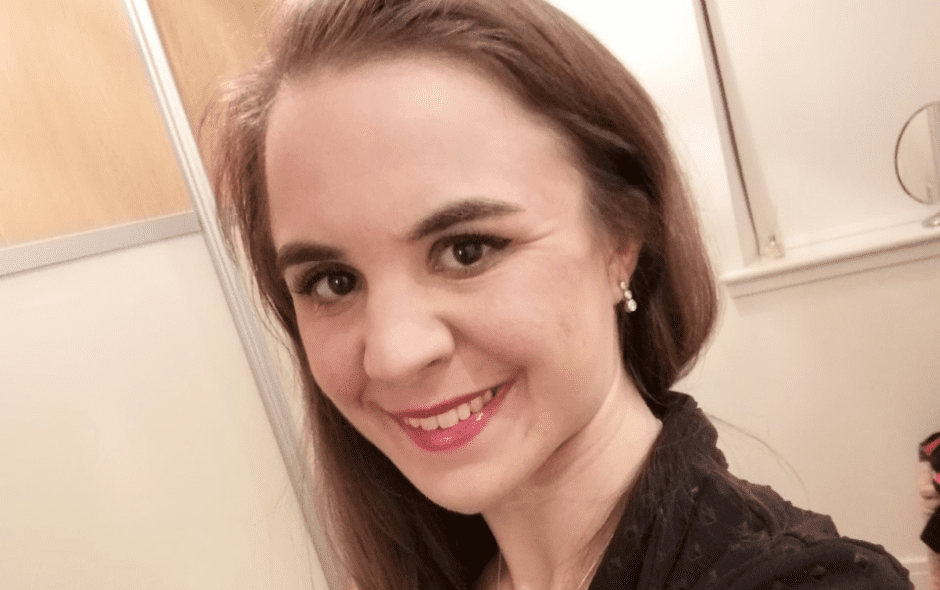Anna was diagnosed with epilepsy when she was 12 years old. Here she shares the different types of seizures she had and how her epilepsy has impacted her mental health.
How did you feel when first diagnosed?
It was hard to deal with initially, with me still being at school. It was a small school in Helensburgh I was at.
Unfortunately, I was bullied a bit, but it didn’t take me too long to get over it. The teachers there were quite good at sorting that out.
Also, me being the only one in my year who had epilepsy was a bit annoying and a bit depressing. But my mum being a GP, she knew all about it. So, it was fine in that way.
What type of seizures do you have? How does it affect you?
Right back at the beginning, it was about three different types because it is left temporal lobe epilepsy I’ve got.
I was having flashbacks and a sense of deja vu, like I was waking up after a sleep. Those ones didn’t last long, maybe five minutes or something.
The other ones, the rarer ones, were the generalised seizures. It was all down the left-hand side of my body. The last one I had, was about six months ago. So, they are really rare. That’s where my whole body goes a bit numb, and I would shake quite badly down the left side.
But I am able to hear everything people are saying. I’ve always got my bracelet on; when I hear the word ambulance, I advertise my bracelet so you don’t need to call one.
I have always got Midazolam (my emergency medication) with me, but my mum has only needed to administer that once the whole time I have had it.
The last type is the blanks (absence seizures); these are the ones I am still having but not quite as bad as they used to be. The ones I used to have were up to 30 minutes.
I was doing the daffiest things. An example I often give is when I was standing with my sister at a bus stop, and then there were two other men waiting to board the bus, and then I started hugging these two guys that I didn’t know.
I came out of the seizure about 20 minutes later. We were on the bus, and my sister explained what had happened.
She just goes well, and I’m like, what have I done this time? It’s going to be something really daft or something really stupid. She said you wouldn’t believe it. There is a funny side to it too.
Did your epilepsy diagnosis affect your mental health? If so, in what way?
It did a little bit and occasionally still does. Maybe feeling a bit sad, feeling depressed.
Unfortunately, during the second year of my apprenticeship, the manager tutoring me was a bit hard to deal with. She said she wanted everything done by Friday and would only give me the task on Monday.
I would say it was an apprenticeship I was doing, I needed to do the diploma at the same time, but she would get so annoyed at things.
I went to HR and said things were getting too much, and they helped me get out of that team and into another team. The way it was affecting my mental health is sometimes how people have been treating me.
What would you say to others who have been recently diagnosed with epilepsy?
I would say don’t dishearten yourself. It’s not your fault. You haven’t done anything wrong.
You are not the only one remember that. I would say think about the things you do enjoy and things you can do, don’t immediately think about the things you can’t do.
I would say some of my examples such as my sewing, I still enjoy social events.
The medication my not be able to cure you but you can still manage your epilepsy. Think more about the here and now and that tomorrow is going to be a new day.
If you are struggling with your epilepsy and mental health, please call our freephone Helpline on 0808 800 2200 or email contact@epilepsyscotland.org.uk
We have launched Scotland’s first-ever national survey seeking to understand the effect epilepsy can have on the mental health of someone who has a neurological condition. To complete the survey, please click here.




